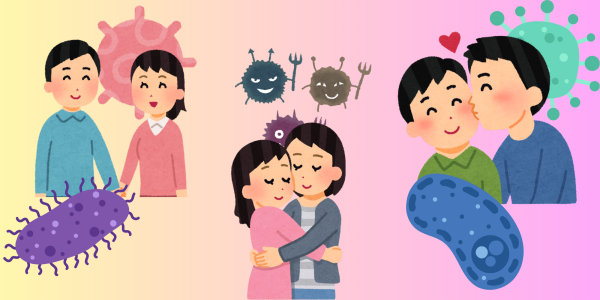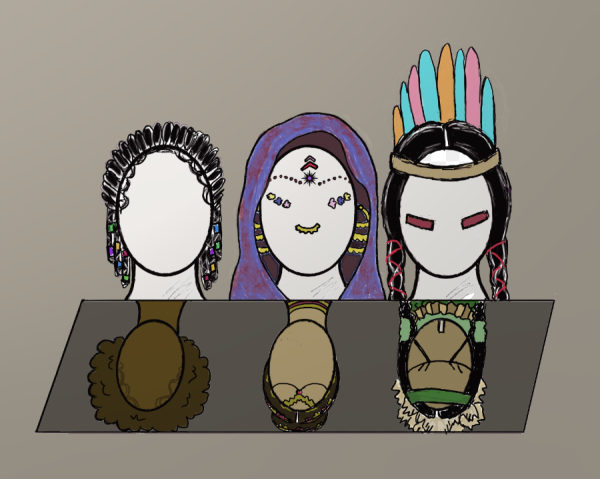Educate and Undemine
I get so OCD sometimes, thinks some students when organizing their binder. Besides the fact that they are using a noun as an adjective, they are also undermining the severity of this mental disorder.
Obsessive Compulsive Disorder (OCD) is an anxiety disorder, not an adjective to describe a desire for organization.
It is characterized by compulsive habits or routines which preoccupy life. Routines include washing hands frequently (after coming into contact with germs, or even after thinking about a wrong doing), unstraightening leveled objects just to realign them or any mental cleansing activity after obsessing over events that have occurred. Typically the anxiety levels diminish after returning back to a routine.
Furthermore, it comes with varying degrees of anxiety. Anxiety that can cause physical sickness. Do you really feel the urge to puke when your papers get out of order?
If no anxiety occurs, then the problem, if there is one, is more likely an Obsessive Compulsive Personality Disorder (OCPD). The characteristics of OCPD include nearly all the same traits, excluding the anxiety. It is fueled by a need for mental and interpersonal control.
Though only one is anxiety related, both create large amounts of stress and are caused by chemical imbalances in the brain. They are not just moods people get into.
No one chooses to have a disorder, and making the burden seem like a joke or a cute quirk is insulting and degrading. Kidding about these disorders makes them seem less serious and leads to an inaccurate understanding of the illnesses.
Victims of both illnesses get offended by the downplay of the problems that they have to face every day. The “If I don’t clean my binder, I won’t be able to find anything” becomes more of “If I don’t clean my binder, I will lose everything and fail my classes and have to drop out of school. Then I won’t make anything of my life, and I will be worthless. I have to stay organized to maintain my worth.” The sense of impending doom is present during every single decision.
Depression is another undermined disorder that commonly affects teens; it is a mental disorder related to the uneven release of neurochemicals (which regulate thoughts, emotions, and repair the nervous system’s cells).
The commonness of this disorder demotivates people who really have depression to seek treatment because if everyone is saying “I’m really depressed today,” but isn’t getting help then what makes the other person so different that they need outside help? According to the Healthline Network, the difference between depression and common sadness is that depression is constant and reoccurring. Sadness can be reoccurring if sad things continue to happen; however, depression is drastic reduction of enjoyment of life.
Being upset that you came to a party without a present is different than feeling miserable because you came to a party instead of staying in bed.
OCD, OCPD and depression can lead to malnutrition, irregular sleeping habits and general unhappiness which seep into physical strength and motivation. These mental disorders affect more than just the mind.
Psychologist John M. Groho said, “Do not accuse [the victim of a mental illness] of faking illness or of laziness, or expect him or her ‘to snap out of it.’”
People unaffected by these disorders can bounce out of bad moods and expect that everyone can. The stigma of these illnesses is that everyone feels this way and it’s normal, but at the same time no one actually has depression. If you say you do, you’re lying to get attention.
Everyone likes to say that they have depression or OCD, but what is not understood is that they are real illnesses that cause great distress to the beholders.
Is exclaiming an exaggeration of your feelings really worth hurting someone else’s?
Your donation will support the student journalists of White Station High School. Your contribution will allow us to purchase equipment and cover our annual website hosting costs.







































